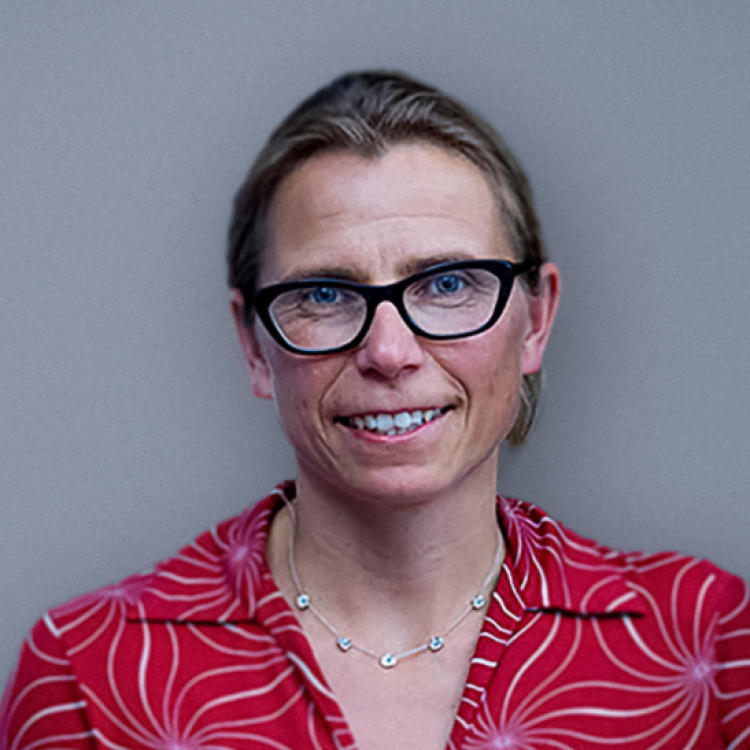Five key questions for (re)insurance and sustainability

Swenja Surminski, Head of Adaptation Research at the Grantham Research Institute on Climate Change and the Environment, part of the London School of Economics and Political Science (LSE), closed the Airmic Climate Change Forum by posing five strategic questions for the (re)insurance industry to consider as it embarks on a more sustainable future.
Surminski has spent more than 10 years in the international insurance industry working on disaster risk transfer solutions and climate risk management and is overseeing research projects that investigate climate adaptation, risk management and resilience strategies through a mix of inter-disciplinary approaches.
Swenja closed the Forum with a key note on recent developments in climate risk management. She provided insights from her work on promoting prevention and risk reduction through her concept of a Triple Resilience Dividend, which she is currently applying to a wide range of contexts, including a case study with the city of Lowestoft on the East Coast as part of the Zurich Flood Resilience Alliance.
Swenja also shared early findings from the Third UK Climate Change Risk Assessment and closed with an outlook of priority areas for industry and government to ensure transition to a green and climate resilient economy.
She closed her keynote with a challenge to the role of insurance and set out five important strategic questions for the next phase of the sustainable insurance journey:
- Closing the protection and resilience gap: How can the industry build trust, capacity and long-term solutions where no markets currently exist or where rising risks threaten the availability of insurance?
- ‘Building back better’: Why are not all insurance repairs conducted with a low-carbon and climate-resilient future in mind?
- Investing in sustainable assets: How can the industry address the disconnect between risk know-how on the underwriting side and investment decisions on the asset side? How can insurers play a market-shaping role in terms of driving demand for green and sustainable assets, not least for sovereign bonds, often the largest asset class?
- Make resilience an investable proposition: Why are we not able to attach monetary returns to investments in resilience?
- Engaging with clients and customers: How could insurers set out requirements for their clients to demonstrate sustainable behaviour? How can insurers use risk signalling to inform other sectors and governments about the urgency of changing to more sustainable practices and policies?
Swenja was appointed Visiting Academic at the Bank of England in 2015 to work on the regulator’s first report on climate change. Swenja holds several advisory roles within industry and government and is the lead author of the business and industry chapter of the UK Climate Change Risk Assessment.
Julia Graham, Deputy CEO and Technical Director of Airmic, said: “Climate Change will be a key focus of the Airmic technical, education and events agendas throughout 2021.”
This activity will include roundtables and other sessions to be hosted with Airmic Partners, a key component in the Airmic 2021 annual survey, and a follow-up to the Forum to be hosted with Swiss Re later in the year.
Further information on the Climate Change Forum can be found here.
